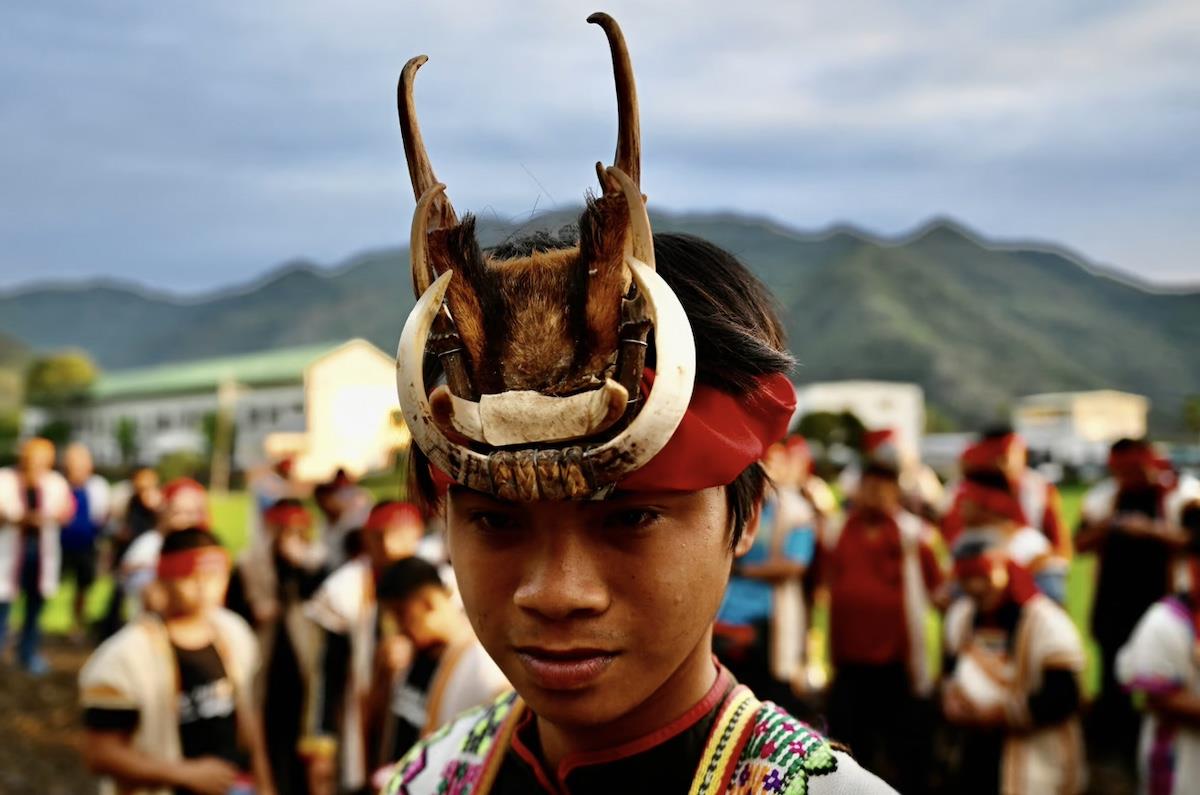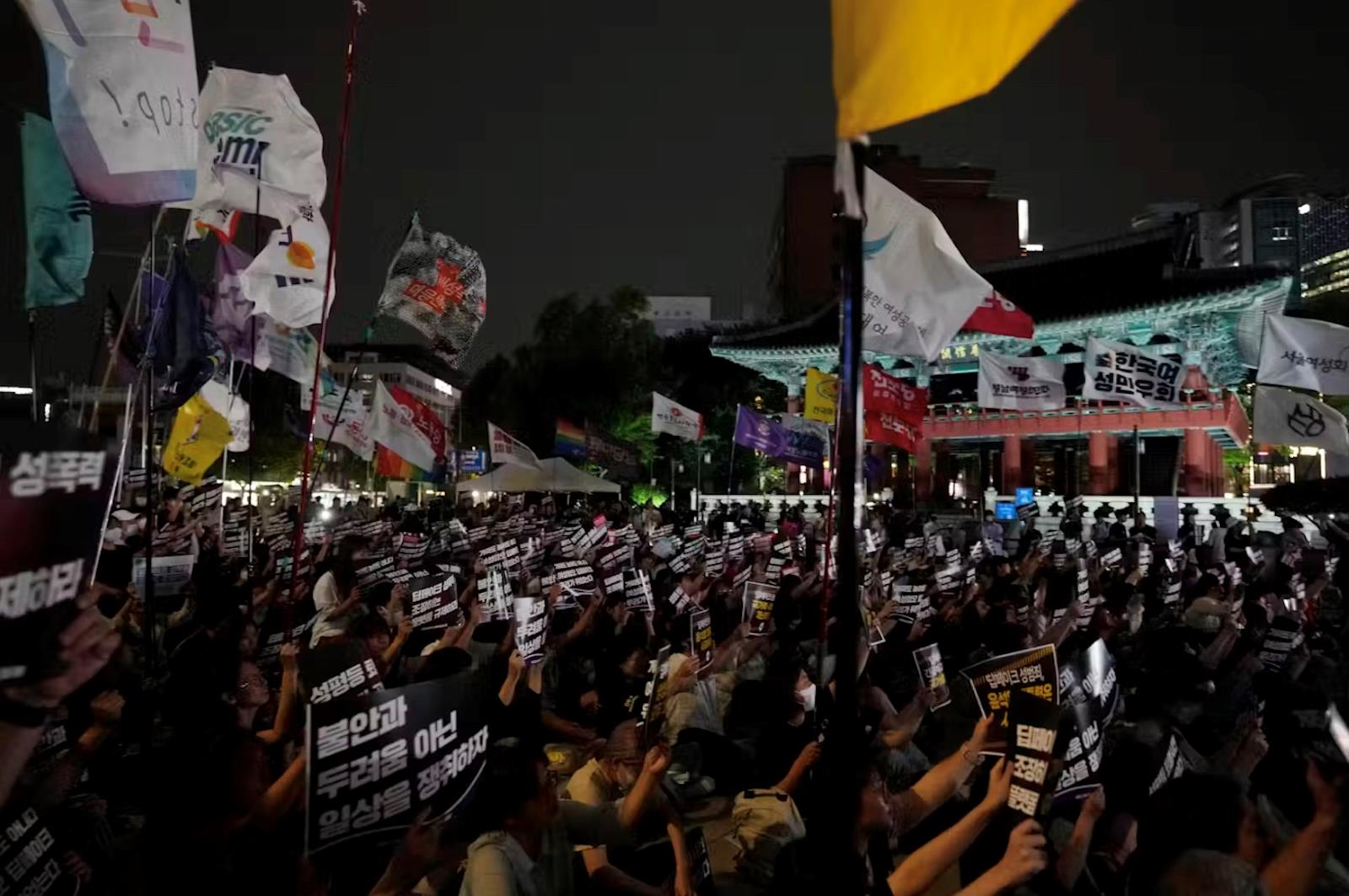
Unwielded Sword: Taiwan's Indigenous Diplomacy In The Pacific
In the turbulent geopolitical cauldron that is the Indo-Pacific, Taiwan finds itself locked in a struggle for recognition, its every diplomatic maneuver shadowed by Beijing's glare. Yet, amid this struggle lies an overlooked instrument of influence: the indigenous communities of Taiwa .
Here lies an argument not for economic posturing nor militaristic bluster, but for an assertion of Taiwan's indigenous diplomacy, a strategy that would inject fresh vitality into Taiwan's Pacific diplomacy and supply an antidote to China's drumbeat of infrastructure and investment.
Taiwan's indigenous peoples, from the Amis to the Atayal and Paiwan , comprise a mosaic of cultures, histories, and traditions stretching back into antiquity. For example, the Amis Harvest Festival -a significant cultural event-symbolizes the community's strong connection to their land and traditions, which could resonate with other indigenous populations across the Pacific.
Similarly, the Atayal people's weaving traditions serve as an emblem of cultural preservation in the face of modernization-skills resonating deeply with other indigenous communities striving to maintain their heritage.
Unsung potential of indigenous soft powerHaving borne the brunt of colonization and survived the homogenizing hand of modernity, these communities now stand poised to become Taiwan's most unlikely ambassadors. Unlike China's Han-centric cultural monolithism, Taiwan's indigenous peoples exemplify diversity, endurance, and a determination to preserve what others would erase.
Taiwan has made significant strides to empower its indigenous populations, showing a commitment that can be directly translated into its diplomacy. For instance, the Council of Indigenous Peoples (CIP) was established in 1996 to advocate for indigenous rights, preserving their languages, culture, and traditions.
Moreover, the inclusion of indigenous representatives in the Legislative Yuan, and the 2005 Indigenous Peoples Basic Law provide formal mechanisms to ensure that indigenous voices are heard, not just domestically but on international stages.
Indigenous soft power is a narrative of resilience, survival, and self-assertion that echoes across the Pacific and Southeast Asia, where indigenous peoples, too, have been trampled by history's heavy boot.
China may bring roads, railways, and bridges, but it cannot build identity. In the ideological chessboard of the Pacific, Taiwan's indigenous diplomacy is a counterweight to China's infrastructural blandishments, appealing to hearts rather than wallets.
Taiwan stands as a living rebuttal to China's cultural homogenization, celebrating plurality over conformity and the rights of the few over the tyranny of the many.

Legal Disclaimer:
MENAFN provides the
information “as is” without warranty of any kind. We do not accept
any responsibility or liability for the accuracy, content, images,
videos, licenses, completeness, legality, or reliability of the information
contained in this article. If you have any complaints or copyright
issues related to this article, kindly contact the provider above.





















Comments
No comment